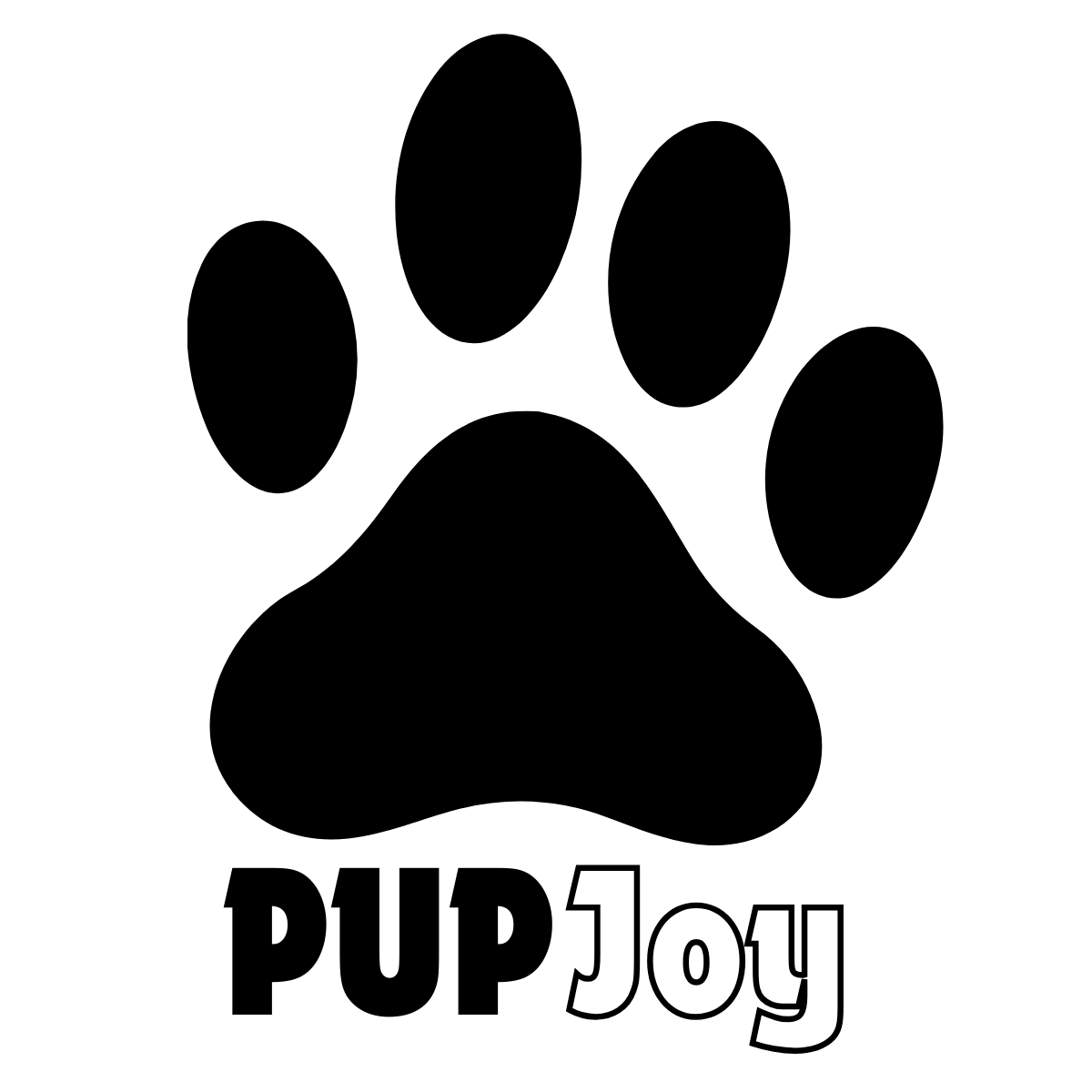As you take the reins of your dog’s nutrition by preparing homemade meals, you’re likely wondering what essential nutrients to prioritize. You’re on the right track, as a well-balanced diet can make all the difference in your dog’s overall health. But do you know which seven nutrients to focus on? From protein-rich ingredients to omega-3 fatty acids, vitamin E, and more, the right combination can boost your dog’s muscle health, skin, immune system, and beyond. Let’s explore the top 7 nutrients you should include in your dog’s homemade diet to support their optimal development and overall well-being.

Protein Sources for Muscle Health
When formulating a homemade dog food diet, you’ll want to prioritize protein sources that support your dog’s muscle health, as protein is vital for building and repairing muscle tissue. Lean meats, such as chicken breast, turkey, or fish, are ideal protein sources for your dog’s diet. These protein-rich foods provide the necessary building blocks for maintaining strong muscles.
Incorporating lean meats into your dog’s diet can be done in various ways. You can feed your dog cooked chicken breast or turkey breast, or even add fish like salmon or cod to their meals. Maintaining a consistent meal frequency is crucial to providing your dog with the necessary protein for peak muscle health. Aim to feed your dog 2-3 meals per day, depending on their age, size, and activity level. By prioritizing lean meats and maintaining a consistent meal frequency, you’ll be providing your dog with the necessary protein for strong, healthy muscles. By doing so, you’ll be giving your dog the best chance to thrive and live a healthy, happy life.
Omega-3 Fatty Acids for Skin
As you formulate your dog’s homemade diet, you’ll want to prioritize omega-3 fatty acids for their incredible benefits to your dog’s skin. You’ll notice that these essential fatty acids provide significant relief from inflamed skin conditions, promoting a healthier, more comfortable coat. By incorporating omega-3 rich ingredients into your dog’s meals, you can expect a noticeable improvement in their coat’s shine and overall skin health.
Inflamed Skin Relief
Omega-3 fatty acids, particularly EPA and DHA, have potent anti-inflammatory properties that can provide significant relief from inflamed skin conditions in dogs. As a dog owner, you know how distressing it can be to see your furry friend suffer from skin issues. By incorporating omega-3 rich foods into your dog’s homemade diet, you can help alleviate symptoms and promote healthy skin. Research has shown that omega-3 fatty acids modulate the antibody response, reducing inflammation and promoting a balanced immune system. Additionally, omega-3s help maintain a healthy skin pH, creating an environment that’s less conducive to inflammation. By supporting your dog’s skin health, you can improve their overall well-being and strengthen your bond with them. By making informed choices about their diet, you can help your dog thrive and enjoy a better quality of life.
Healthy Coat Shine
By incorporating omega-3-rich foods into your dog’s diet, you’ll start to notice a significant improvement in their coat’s shine and overall health within a few weeks. Omega-3 fatty acids, particularly EPA and DHA, have remarkable moisturizing properties that help to nourish and hydrate your dog’s skin, leading to a healthy, radiant coat. This is especially important for dogs with genetic predispositions to skin issues, as omega-3s can help mitigate the effects of these conditions.
In addition to promoting a healthy coat, omega-3s also reduce inflammation, which can lead to skin issues and dull, lackluster coats. By including omega-3 rich foods like salmon, flaxseed, and chia seeds in your dog’s diet, you’ll be providing them with the essential fatty acids they need to thrive. As a responsible dog owner, you can take pride in knowing that you’re giving your furry friend the best possible chance at a healthy, happy life – and a coat that shines from the inside out.
Vitamin E for Immune Boost
You’ll want to prioritize vitamin E in your dog’s diet, as this potent antioxidant plays a crucial role in boosting their immune system by combating free radicals that can cause oxidative stress. As an antioxidant, vitamin E neutralizes these free radicals, which can damage cells and lead to chronic diseases. By including vitamin E-rich foods in your dog’s homemade diet, you’ll help support their immune system and reduce the risk of illnesses.
Vitamin E’s antioxidant properties also help protect your dog’s cells from damage caused by oxidative stress. This is especially important for your dog’s immune system, as a weakened immune system can lead to a range of health problems. By incorporating vitamin E-rich foods, such as sweet potatoes, spinach, and salmon, into your dog’s diet, you’ll provide them with the nutrients they need to thrive. With a strong immune system, your dog will be better equipped to fight off infections and stay healthy.
Calcium for Strong Bones
Calcium plays a pivotal role in your dog’s skeletal development and maintenance, as it helps fortify their bones and teeth, enabling them to support their body weight and withstand physical stress. Adequate calcium intake is imperative for maintaining peak bone density, which is necessary for preventing conditions like osteoporosis and fractures. As a dog owner, you can guarantee your furry friend gets enough calcium through a balanced diet. While it’s possible to provide calcium through food sources like dairy, leafy greens, and fortified foods, calcium supplements can also be a convenient option. However, consulting with your veterinarian before adding any supplements to your dog’s diet is necessary. Calcium deficiency can lead to severe health issues, so monitoring your dog’s calcium levels and adjusting their diet accordingly is necessary. By prioritizing calcium-rich foods and supplements, you can help your dog maintain strong bones and teeth, setting them up for a lifetime of good health and happiness.
Fiber for Healthy Digestion
As you guarantee your dog’s bones and teeth receive adequate calcium, it’s equally important to support their digestive health with fiber, which plays a vital role in maintaining a balanced gut microbiome and regular bowel movements.
Fiber absorption is essential for promoting the growth of beneficial gut bacteria, which helps to break down complex nutrients and absorb essential vitamins and minerals. A diet rich in fiber can help to regulate your dog’s bowel movements, reducing the risk of constipation, diarrhea, and other digestive issues.
Some key benefits of fiber in your dog’s diet:
- Supports the growth of beneficial gut bacteria, promoting a healthy gut microbiome
- Regulates bowel movements and prevents digestive issues
- Helps to control blood sugar levels and manage weight
- Supports the immune system and reduces inflammation
Iron for Oxygen Rich Blood
One essential mineral your dog requires for peak health is iron, which plays a fundamental role in transporting oxygen throughout their body. Iron helps to maintain healthy red blood cells, which are responsible for carrying oxygen to your dog’s tissues and organs. Without sufficient iron, your dog may develop anemia, a condition characterized by a lack of red blood cells or hemoglobin. Anemia can lead to fatigue, weakness, and shortness of breath, making it essential to confirm your dog’s diet provides adequate iron.
Including iron-rich ingredients in your dog’s homemade diet helps prevent anemia and maintains healthy red blood cells. Iron-rich foods such as red meat, fish, and poultry are excellent sources of this essential mineral. You can also consider adding iron-rich plant-based ingredients like spinach, beans, and lentils to your dog’s diet. By guaranteeing your dog receives sufficient iron, you’re helping to maintain their overall health and well-being. Remember, a balanced diet with adequate iron is necessary for your dog’s peak health and energy levels.
Phosphorus for Energy Production
By including iron-rich ingredients in your dog’s diet, you’re not only supporting healthy red blood cells, but also creating a foundation for peak energy production, which relies heavily on another essential mineral: phosphorus. This mineral plays a critical role in your dog’s energy storage and ATP production, ensuring your furry friend has the necessary stamina to thrive.
Phosphorus supports your dog’s energy needs in the following ways:
- Energy storage: Phosphorus is a key component of ATP (adenosine triphosphate), the molecule responsible for storing energy in your dog’s cells.
- ATP production: Phosphorus is necessary for the production of ATP, which provides energy for your dog’s muscles, organs, and tissues.
- Cell membrane function: Phosphorus is a key component of cell membranes, ensuring proper cellular function and energy metabolism.
- Bone health: Phosphorus is essential for maintaining strong bones and teeth, which is critical for your dog’s overall energy and mobility.
Frequently Asked Questions
Can I Rotate Protein Sources to Minimize Allergy Risks?
You can rotate protein sources to minimize allergy risks by incorporating a variety of protein-rich ingredients, such as beef, chicken, fish, and eggs, to create a diverse diet that prevents sensitization and promotes allergy prevention.
How Often Should I Adjust My Dog’s Food Portions?
“Wow, you’re basically a canine nutritionist now! Seriously, you should adjust your dog’s food portions based on their age, breed, and activity level. Implement portion control and maintain a consistent meal frequency to avoid overfeeding or underfeeding your furry friend.”
What’s the Ideal Ratio of Meat to Vegetables?
When crafting your dog’s homemade diet, you’ll want to aim for a balanced ratio of meat to veggies, prioritizing high-quality meat and a variety of veggies to provide your furry friend with the nutrients they need.
Can I Use Fish Oil Supplements Instead of Whole Fish?
Like Odysseus charting treacherous waters, you’re wisely considering alternatives to whole fish. While fish oil supplements provide Omega 3 benefits, sourcing high-quality fish guarantees a more natural delivery of these benefits, making whole fish a better choice for your furry friend.
Do Puppies Require Different Nutrients Than Adult Dogs?
You’ll find that puppies require a unique nutrient profile, particularly higher calcium needs, to support rapid growth and development, making their diet distinct from adult dogs during vital puppy development stages.
Conclusion
You’ve crafted a well-rounded homemade dog food diet by incorporating the top 7 essential nutrients. Did you know that 1 in 5 dogs suffer from nutritional deficiencies, which can lead to chronic health issues? By prioritizing protein, omega-3 fatty acids, vitamin E, calcium, fiber, iron, and phosphorus, you’re giving your furry friend the best chance at a long, healthy life. By making informed choices, you’re ensuring your dog receives the nutrients needed to thrive.
